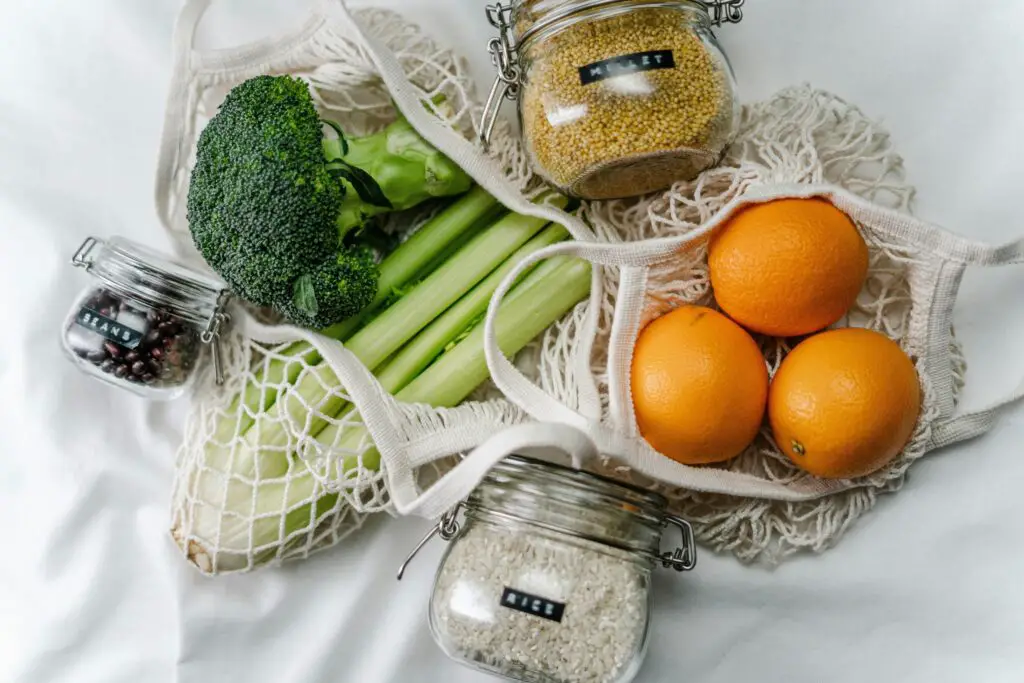8 Essential Herbs that bring Vibrant Aromas In Greece
Herbs in Greek Cuisine are renowned for their vibrant flavors, fresh ingredients, and the skillful use. These aromatic elements not only enhance the taste of dishes but also reflect Greece’s rich culinary heritage, rooted in its Mediterranean geography and climate. Here’s a look at Herbs In Greek Cuisine And Key Spices.
Key Herbs in Greek Cuisine
Greek cuisine is a celebration of fresh, natural ingredients, and herbs play a central role in defining its iconic flavors. Grown abundantly in the sun-soaked Mediterranean landscape, these herbs bring vibrant aromas, depth, and balance to dishes. Whether used fresh or dried, they infuse Greek recipes with their distinctive character, reflecting centuries of culinary tradition and a deep connection to the land.
Key herbs in Greek cuisine —such as oregano, mint, dill, and parsley—are versatile and enhance a variety of dishes, from simple salads to complex stews. For example, oregano and parsley are essential ingredients in rolo kima, or Greek meatloaf, a comforting and flavorful dish. Be sure to check out [How to Make Authentic Greek Meatloaf (Recipe + Tips)] to discover how these herbs elevate this classic recipe. These herbs not only define the flavors of classic Greek dishes but also embody the essence of Mediterranean cooking: fresh, flavorful, and wholesome.
The 8 Herbs in Greek Cuisine
1 – Oregano (Rigani)
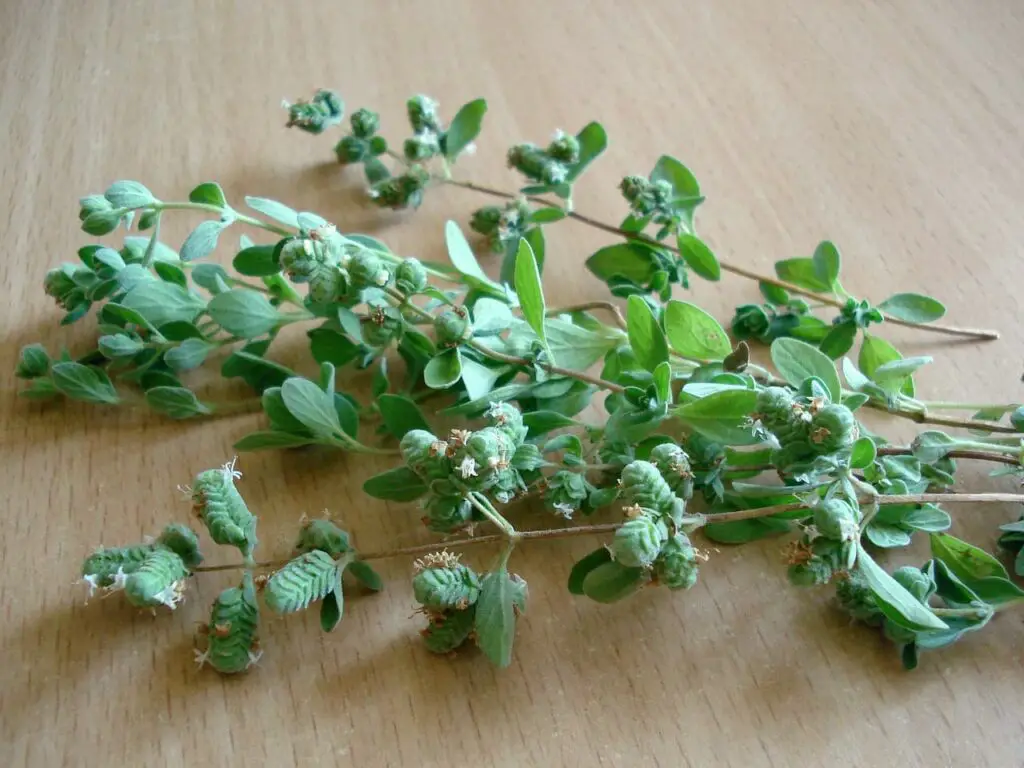
A cornerstone of Greek cooking, oregano is one of the most popular herbs in Greek cuisine is prized for its robust, earthy flavor. It’s commonly used to season grilled meats, roasted vegetables, and salads, particularly the iconic Greek salad. Dried oregano is often preferred for its concentrated flavor. Use oregano in recipes like Greek Lamb Meatloaf Recipe
2 – Dill (Anithos)
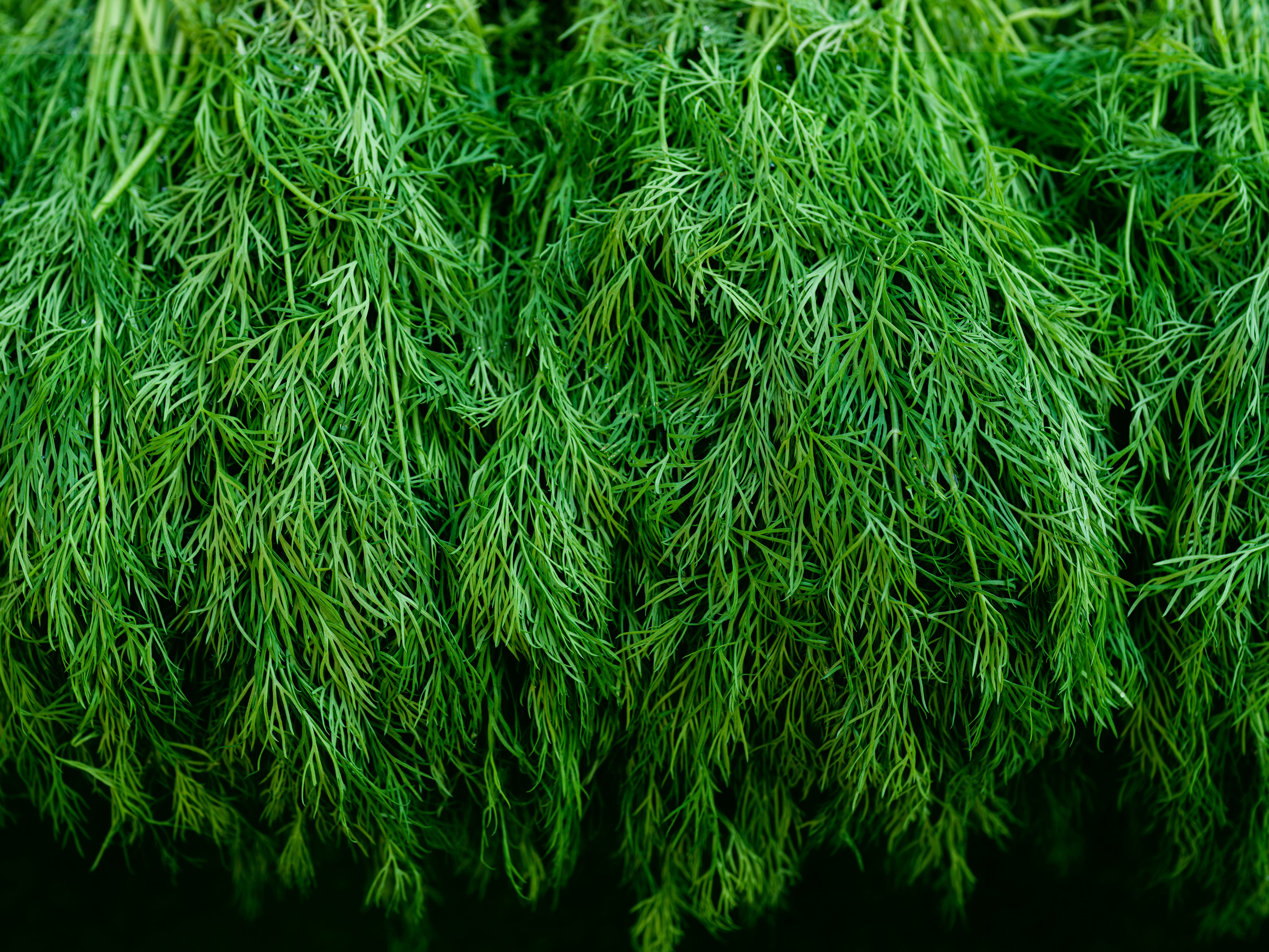
Known for its feathery texture and sweet, slightly tangy taste, dill is essential in many Greek dishes, including tzatziki (yogurt and cucumber dip) and recipes with fish, potatoes, or rice, such as spanakopita (spinach pie). You can also use dill in recipes like Greek Lamb Meatloaf Recipe
3 – Mint (Dyosmos)
Refreshing and aromatic, mint is often used in savory dishes, desserts, and drinks. It complements lamb, is a key ingredient in dolmades (stuffed grape leaves), and adds a cooling element to yogurt-based sauces.
4 – Parsley (Maidanos)
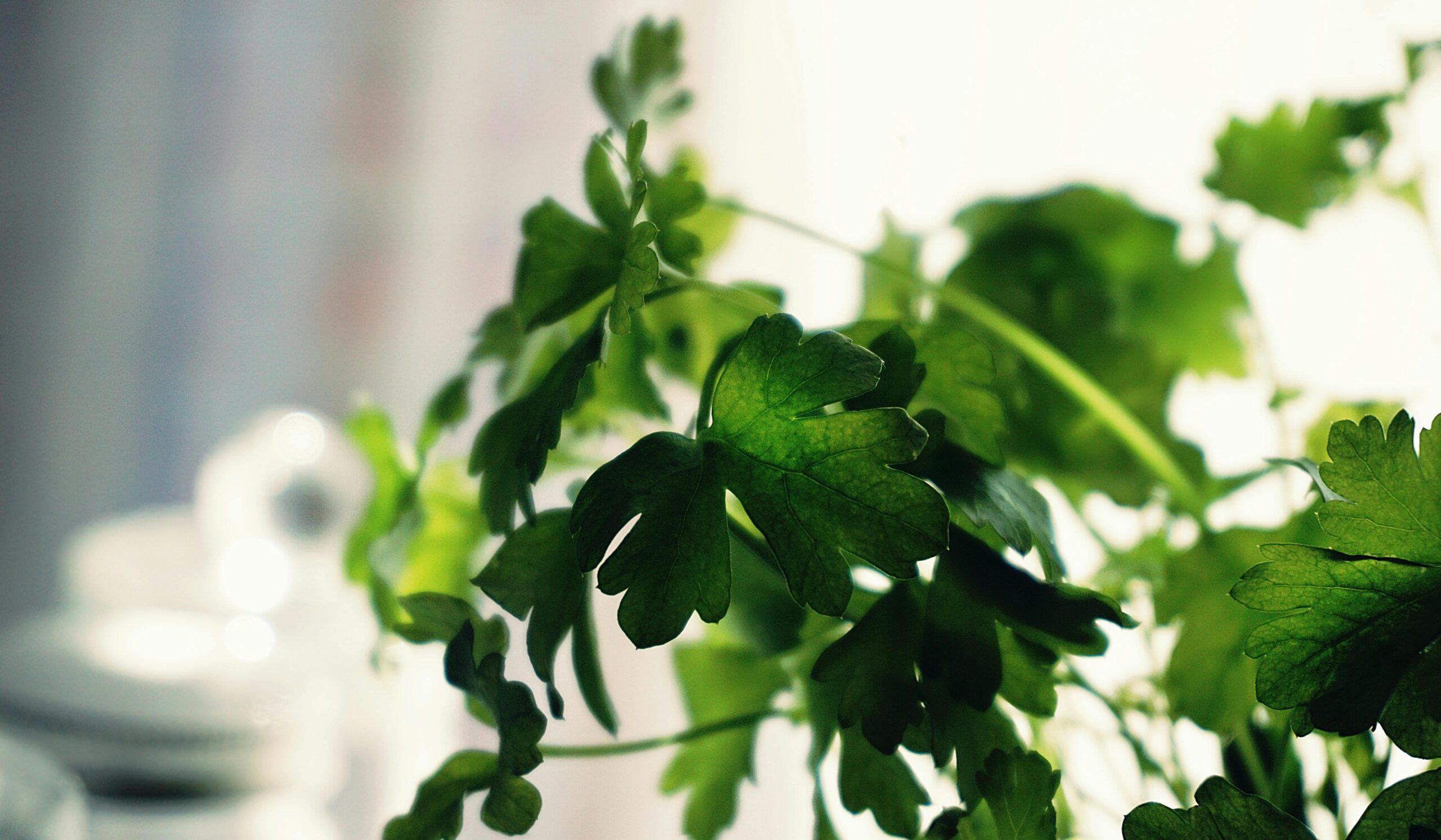
Flat-leaf parsley is another most popular herbs in Greek cuisine is widely used as a garnish or flavor enhancer in salads, soups, and meat dishes. It adds a fresh, slightly peppery note to meals. Try the recipe Zucchini Fritters
5 – Bay Leaves (Dafnofylla)
Bay leaves are used in slow-cooked dishes, like stews and soups, to impart a subtle, aromatic flavor. They are typically removed before serving.
6 – Thyme (Thymari)
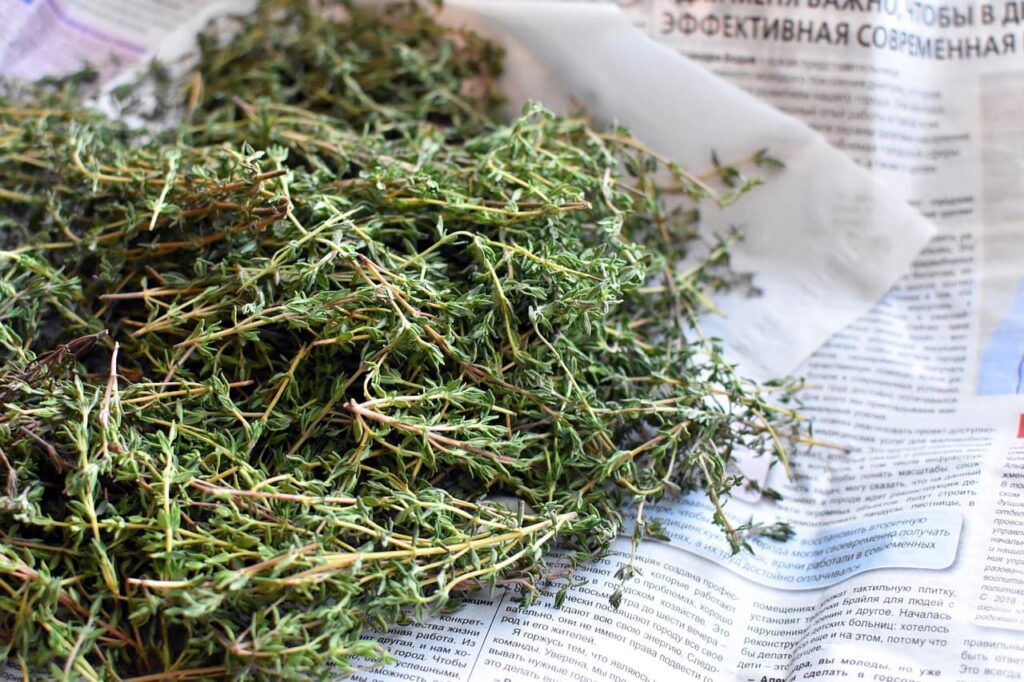
This herb offers a warm, slightly peppery taste and is commonly used in marinades, bread, and roasted dishes. An even in the Mediterranean Vegetable Soup Recipe
7 – Sage (Faskomilo)
With its strong, earthy flavor, sage is often used sparingly in Greek cuisine to season meats and in traditional teas.
8 – Marjoram (Mantsourana)
A close relative of oregano, marjoram is sweeter and milder. It’s used in soups, meat dishes, and herbal teas.
Key Spices in Greek Cuisine
Cinnamon (Kanela): While typically associated with desserts or dishes like Zucchini Muffins, cinnamon is also used in savory dishes like moussaka and pastitsio, where it adds warmth and depth.
Cloves (Garifalo): Cloves bring a sweet-spicy flavor to marinades, sauces, and traditional stews such as stifado (a slow-cooked beef dish).
Nutmeg (Moschokaritho) : This aromatic spice is often added to béchamel sauce in baked dishes like pastitsio and moussaka.
Allspice (Bahari) : Allspice is used in small quantities to flavor meatballs, sausages, and stews, contributing a slightly sweet and peppery taste.
Cumin (Kimino) : A key spice in Greek meat dishes like souvlaki , Greek Meatloaf with Eggs , and meatballs, cumin provides an earthy, warm undertone.
Sesame Seeds (Sousami): Sesame seeds are widely used in Greek baking, especially in koulouri (sesame bread rings) and desserts like halva.
Sumac (Soumakia): Sumac, with its tangy, lemony flavor, is often sprinkled over salads and grilled meats for a zesty finish.
Saffron (Krokos): Greek saffron, particularly from Kozani, is prized for its subtle, floral flavor and golden color, used in rice dishes and soups.
Flavor Combinations in Greek Cooking
Greek dishes often combine herbs and spices to create layered flavors. A classic example is the use of oregano, garlic, and lemon to marinate meats or the pairing of cinnamon and nutmeg in hearty baked casseroles. This blend of sweet, savory, and aromatic elements is a hallmark of Greek culinary tradition.
The thoughtful use of these herbs and spices not only enhances the taste but also reflects the natural bounty and cultural history of Greece, making its cuisine beloved around the world.






